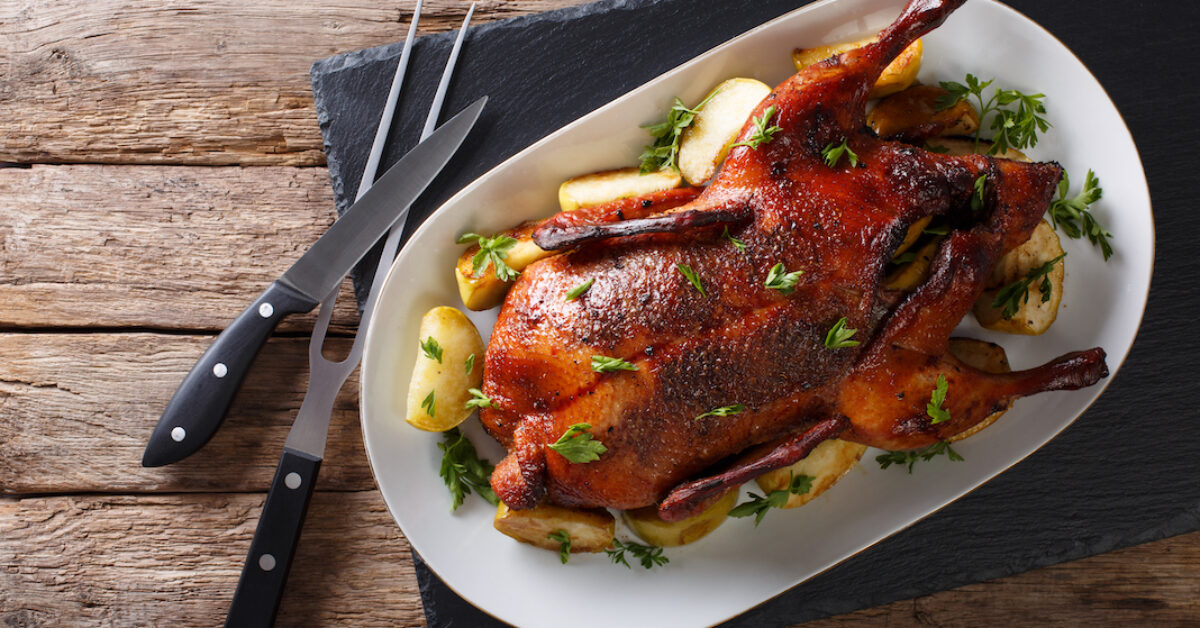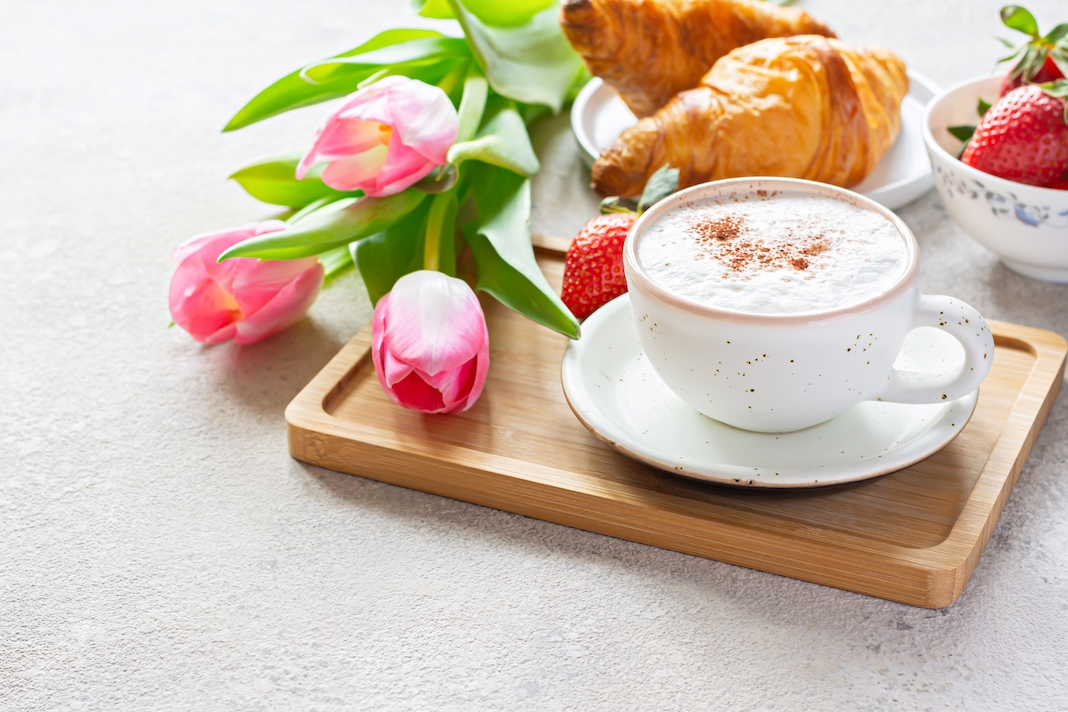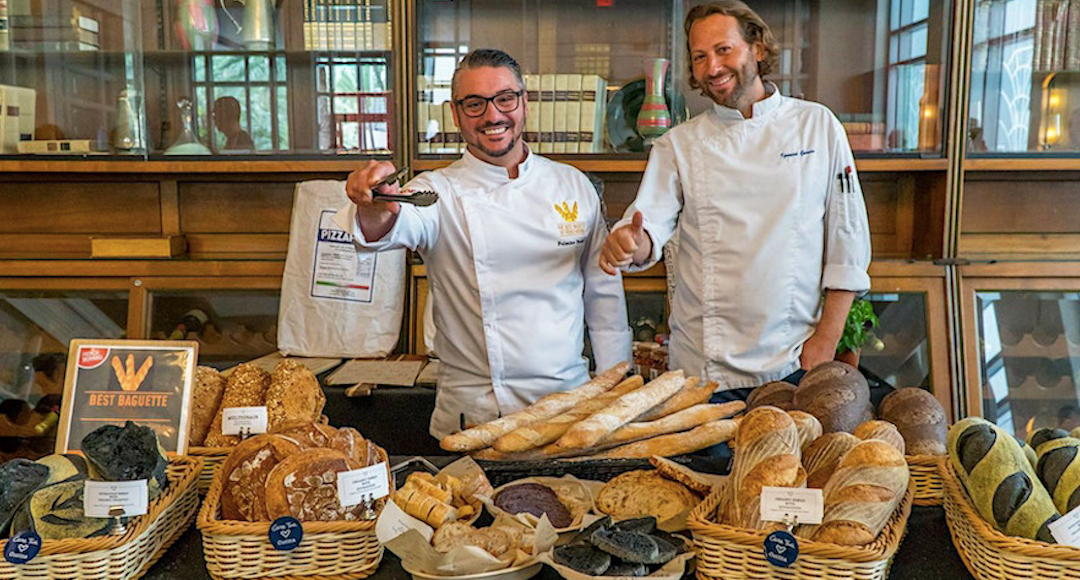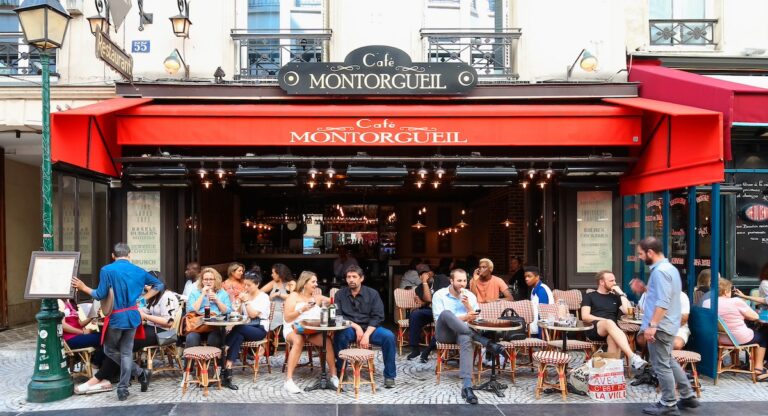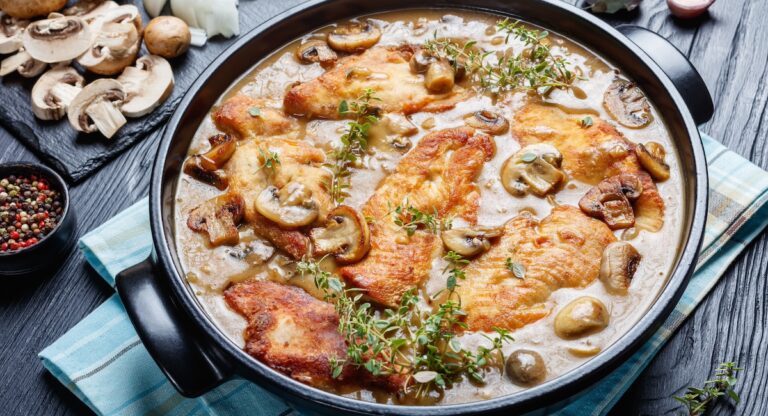In my newsletter last week, I made an “eat the rich” joke that didn’t go over well with one of our readers. So I thought that this was the perfect opportunity to talk about the French origins of the phrase. Coined during the French Revolution, the expression is attributed to the philosopher, Jean Jacques Rousseau, who said, “When the people shall have nothing more to eat, they will eat the rich.” It was always intended to be satirical, and is part of a long French lineage of activism centered around the tenets of liberty, equality, and brotherhood (or sisterhood) for all. (Check out our recent piece on French protest culture and the Fête du Travail for more on this.)
I would like to thank Rousseau for lending me his silly little phrase, and publicly announce that I will no longer be hunting the bourgeoisie for sport.
However, I did recently pick up a few recipes for eating like French nobility courtesy of Tasting History by Max Miller. This new cookbook is a spin-off of Miller’s popular YouTube series, where he recreates historical recipes. Anyone familiar with old school cookbooks (like, way before Julia Child) knows that ancient recipes are difficult to execute because they were often written for cooks, not for the general populace, and their authors often relied on vague wording that would have made sense only to a local chef already familiar with common techniques of the time.
Miller includes a few French recipes in his book, including one for Cannetons de Roüen à l’échalote (Rouen duck with shallots), dating back to the early 18th century. The recipe goes as follows: “Take the whitest duckling you can find, cook it over a low fire wrapped in paper. Take finely chopped shallots, put them in a good essence, serve on the duckling with orange juice.”
I don’t know about you, but if someone told me to “put shallots in a good essence,” I’d assume there was some kind of translation issue going on. It’s like when you ask your grandmother for a recipe and she says something like, “Add a little bit of salt and cook until it’s done.” How much salt, Nana? How do I know when it’s done? Why do I have to solve a witch’s riddle to make a decent pot of chicken noodle soup?
However, someone must have made a damn good Rouen duck back in the day, because this recipe was part of Louis XIV’s Grand Couvert, a daily feast of 40-170 dishes. His successor toned it down a little, with Louis XV enjoying a modest 8-16 dishes at his daily supper.
If you’d rather eat like a queen than like a king, look out for some of our upcoming Mother’s Day recipes, and check out our roundup of gifts for any francophile mom below.
Things I found on the Internet…
Cheersing a drink with French people feels like a high-stakes staring contest. Happy tenth birthday to the cronut. Why it sucks to be pregnant in French. And Big Croissant Energy.
Marie-Gold dropped a new song, “Sur La Lune.” Listen here.
Ciao,
Catherine Rickman
Managing Editor
frenchly.us
Stay in touch! I’d love to hear from you: [email protected]

